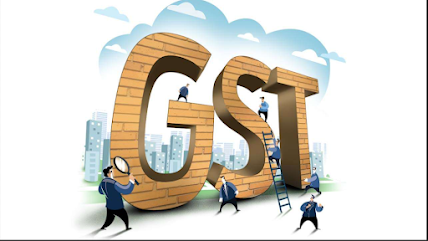Introduction of Manual Checks in IGST Refunds
In a bid to attenuate tax
fraud using bogus bills, the Central Board of tax and Customs
(CBIC) introduced “Manual check” for its Customs and GST formation before the
issuance of IGST refunds. However, the notion was perceived as a setback to the
automated GST refund process by many, creating a misleading impression that
genuine exporters would suffer on account of the newly introduced verification
process.
To clear the air on an equivalent, CBIC released a press note, stating that the newly introduced system of manual check shall only target the exporters perceived as risky on the idea of pre-defined parameters. The CBIC has also assured the real exporters that they might still get their IGST refunds during a timely manner during a fully automated environment.
In May this year, it had been proposed to automate the whole refund for exports.
To clear the air on an equivalent, CBIC released a press note, stating that the newly introduced system of manual check shall only target the exporters perceived as risky on the idea of pre-defined parameters. The CBIC has also assured the real exporters that they might still get their IGST refunds during a timely manner during a fully automated environment.
In May this year, it had been proposed to automate the whole refund for exports.
Risky Exporters under GST
The exporters suspected of indulging into large scale frauds concerning Integrated Goods & Services Tax (IGST) refunds or availing ITC using bogus bills/ on the idea of ineligible documents and utilizing such ITC for payment of IGST (to be claimed later as refund) are perceived as Risky exporters. As per CBIC, the risky exporters account only to three .5% of the entire exporters in India. Yet, the fraudulent claims of Integrated GST (IGST) refunds coming from such exporters could cost the govt a sum exceeding Rs. 1,000 crores.
The new verification exercise is aimed toward preventing unscrupulous exporters from defrauding the exchequer and bringing a nasty name to the larger exporting community.
Manual Checking in IGST refunds
Risk Management Centre for Customs (RMCC) shall insert alerts for exporters perceived as risky and mandate a 100 per cent examination of export consignments concerning those risky exporters.
Although these risky exporters are allowed immediate exports, it'll be flagged as high-risk and shall be verified to ascertain if the consignment tallies with the outline provided within the shipping bill. Furthermore, the refund on such exports would be released after verification of ITC by the relevant GST formation, which is required to furnish the report back to the respective Chief Commissioner of Central Tax within 30 days.
The CBIC has also asked the Director-General (custom systems) to spot these “risky exporters” and inform the respective Chief Commissioner about the past IGST refunds granted to such risky exporters along side details of bank accounts during which such refund has been disbursed.
In cases where no malpractices are detected and therefore the ITC availed by the exporter was in accordance with the GST law; the customs officer at the port of export shall proceed to process the IGST refund.



Comments
Post a Comment